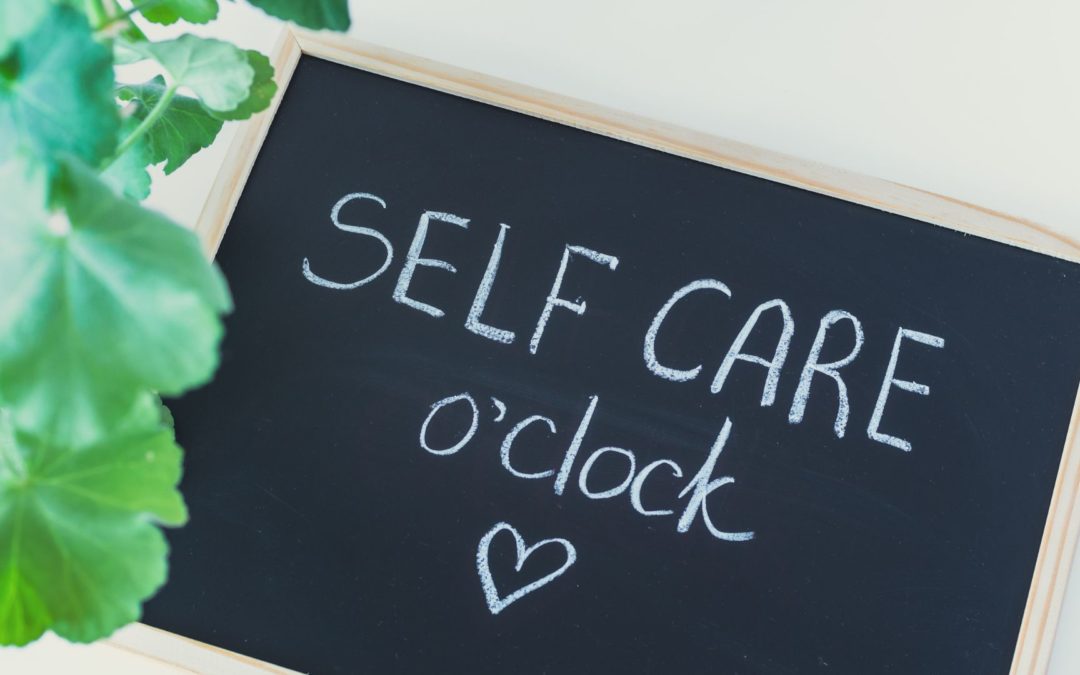5 Self Care Tips For Educators
By Emma Thomas
‘You can’t pour from an empty cup’. We know people say this, we know it is true,but as educators in the early childhood profession we still find it hard! We have emotional jobs and give of ourselves daily. We know we need to look after ourselves, our physical and mental wellbeing, but how do we do this?!
There are only so many hours in the day and sometimes it can feel like self care is another thing we have to squeeze in. But I don’t think that self care is something we need to leave for evenings and weekends, there are lots of practical things we can do during our work hours which will help to build us up.
Positive Culture
Find somewhere to work that aligns with your beliefs. When you work somewhere that respects your boundaries, cares about your life outside of work and treats you holistically, you will be much happier, both during work and after! You bring a unique contribution to a centre so find a centre that values you and is willing to support your needs.
Be supportive (and accept support)
Be supportive of those around you, and then be willing to accept support and help from others! Be generous with your time, knowledge and resources. When you need help, ask for it. Be clear with those around you if you are looking for help to fix a problem or if you just need someone to listen.
Enjoy your days
Working with children is fun! They love life, they laugh, they play, they sing and dance! Consider what activities you enjoy and how you can make these a part of your program. Do you have a comfortable space to sit and read with children? Can you do yoga together or throw a dance party?
Know your ‘Why’
Finding our ‘why’ helps bring purpose to what we do and is very important for mental wellbeing and self care. I love Simon Sinek’s work (https://www.youtube.com/watch?v=2Ss78LfY3nE) on ‘finding your why’. Working in an early childhood setting is going to have stressful moments! But when we truly understand why we have chosen to work with children, this helps build our resilience and coping skills.
When you’re not ok
Sometimes you won’t be ok and that is ok! It happens to all of us. Usually the best thing to do is to acknowledge that you’re not ok, and seek help from those around you.
Identify (if you can)
- What your feelings are and why are they occurring
Think
- what can you do right now that will help
- what do you need to plan for to help long term
- who do you need to talk to
Act
- Do something! Make a change, talk to someone
Understand
- What you can control and what you can’t control


Recent Comments